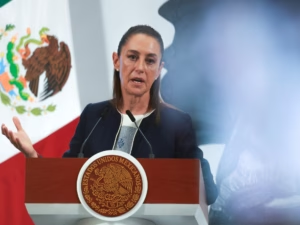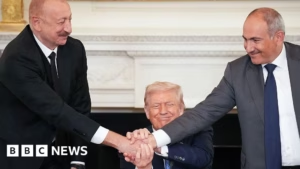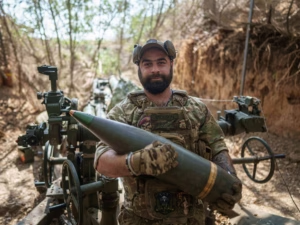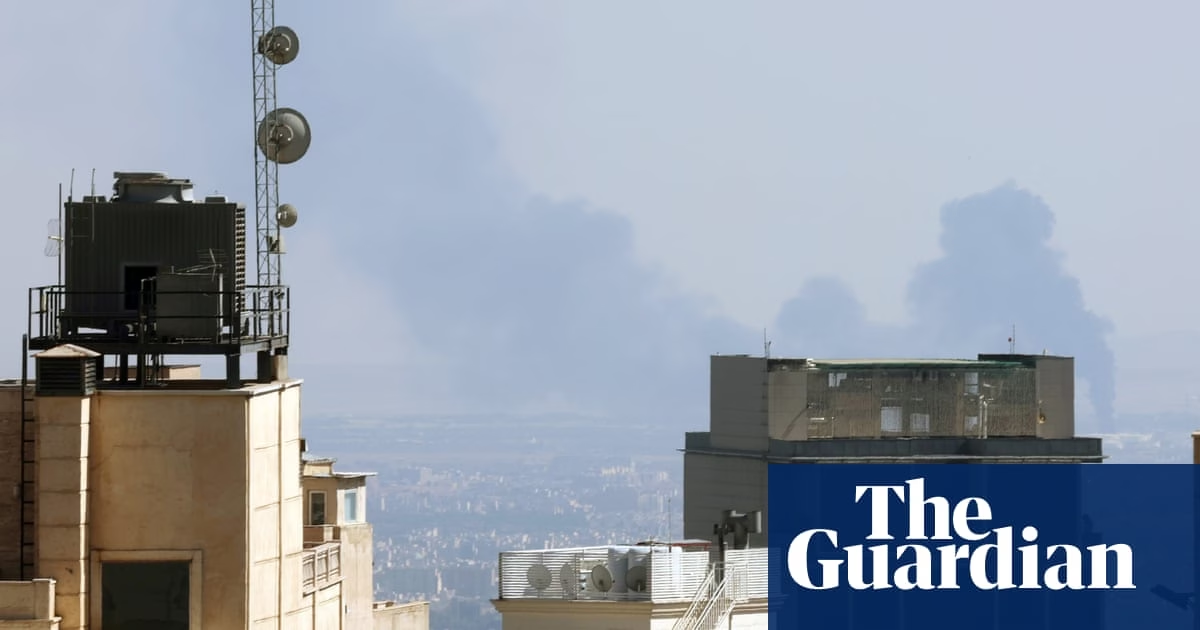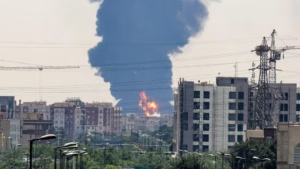In just a few days of conflict, Israel has killed over a dozen of Iran’s top nuclear scientists, targeted much of its military leadership and struck at key components of its nuclear program. Despite this, Israeli military officials and global nuclear proliferation experts agree that this has not critically weakened Iran’s nuclear program, which is widely dispersed and heavily protected.
Further, Israel’s strategy of using force has not curbed nuclear proliferation but could potentially drive Iran to accelerate its efforts to obtain a bomb if the current conflict does not result in the complete destruction of the program or a deal with stringent controls and access for extensive inspections.
Israel’s initial strikes may have postponed by a few months Iran’s ability to produce a functional nuclear weapon, according to an anonymous Israeli military official. However, US intelligence officials’ estimation that Iran is one to three years away from possessing a deliverable weapon, suggests a more modest impact from the delay, CNN reported.
Prime Minister Benjamin Netanyahu of Israel launched the operations claiming that Iran was on the verge of developing a nuclear bomb. Even so, the strikes so far have not significantly prolonged this timeline, and Israel would likely require US support to inflict more lasting damage.
The strikes have instilled fear and anger among Iranian citizens. The hatred many Iranians have for their government did not blunt the horrific effect of a missile strike that killed numerous children in their homes, and the Israeli calls to evacuate entire neighborhoods resurrected the grim reality observed in Gaza.
Israel has its own nuclear arsenal, an open secret, and many in Iran believe they also need an equivalent to serve as a deterrent. The recent focus inside Iran on the possibility of a nuclear program indicates a decision to restrain its development could be easily reversed.
The Israeli attack on the Fordow nuclear facility, a site located deep beneath a mountain near the holy city of Qom, is a propootential target. This is because it is beyond the reach of Israeli munitions and the bombs capable of destroying it are part of the US’s arsenal. Amidst early enthusiasm for the strikes, security adviser Tzachi Hanegbi has warned that Israel cannot alone dismantle Iran’s nuclear program via military means.
Israel also dreams of regime change in Tehran, but each missile landing in civilian areas makes such rhetoric sound more empty to the people on the ground.
Trump’s potential non-involvement in the war and Iran’s hesitance to accept a renamed deal could leave Israel with military options to further damage Fordow. For instance, Israel could possibly cripple its support systems, limit access to the site, or send special forces to attack the plant via a ground operation, drawing on its successful previous missions.
Source: https://www.theguardian.com/world/2025/jun/18/israels-gamble-on-force-could-push-iran-to-accelerate-nuclear-plans
